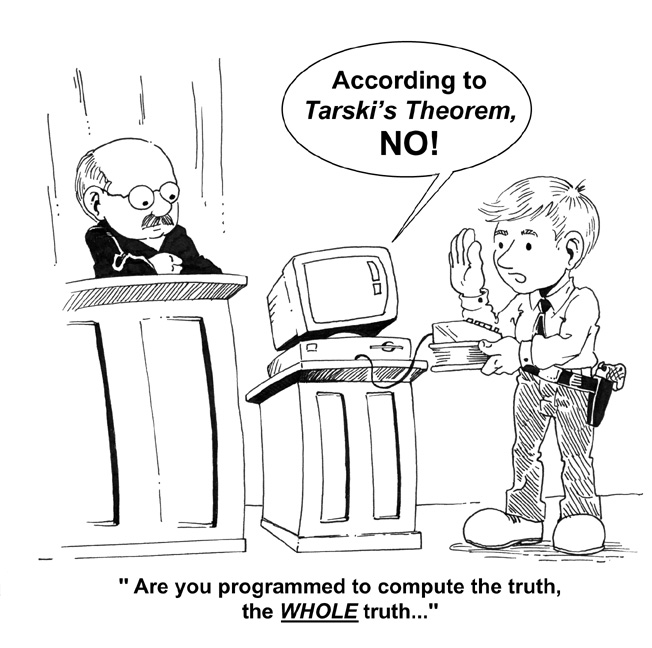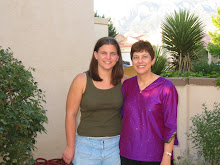
Addressing Truth and Bias in the Classroom
(February 1, 2009)
The question of what is truth is a philosophical one. Google defines the truth as "a fact that has been verified". Who does the verification and how? Can a fact be verified by observation or by faith? That would depend on an individual's perspective. What one person considers the truth may be considered bias to another person, especially when dealing with controversial content.
According to by Wikipedia, the meaning of the word truth "extends from honesty, good faith, and sincerity in general, to agreement with fact or reality in particular. The term has no single definition about which a majority of professional philosophers and scholars agree. Various theories of truth continue to be debated."
Can one trust Wikipedia's definition of the truth when Wikipedia itself reports that many scholars have accused Wikipedia of "systemic bias and inconsistency" due to the nature of the publication. However, it can be argued that it is the structure itself that lends itself to being the most reliable, up-to-date reporting system with eye-witness reports of those most knowledgable about a situation. Information is added and elaborated upon as events unfold. The largest stake holders become the greatest critics of the material, editing and revising content to ensure that the "truth" is revealed. Self-appointed editors manage the content of areas where they have a compelling interest and expertise. Clarence suggested that there s power in this community who come together to dig for the truth.
"Credible sources" are buzz words when looking for the "truth". Although .org may be more reliable than .com, this is not necessarily the gold standard for separating truth from bias. Scientific studies, empirical data, factual information and the conclusions of experts are researched. However, these sources are rarely 100% in agreement. The investigator, often a novice in my classroom, uses logical reasoning to draw conclusions from the information. To complicate matters, the investigator has likely chosen a topic that he or she feels passionately about. In fact, I encourage students to follow their passion. Does this passion result is a greater effort to find the truth or an inherent bias?
Imagine the individual who cares deeply about a subject is dedicated to finding truth. To avoid bias, it makes sense to work with other passionate individuals with alternative points of view. Compelling arguments may win the day. Reporting the truth involves admitting the biases and reporting the truth from multiple perspectives, pointing out the gray areas and areas where further investigation is needed. Is it possible that truth is relative depending on perspective or truth is "the best information available."


You've got me thinking Barbara...
ReplyDelete"Reporting the truth involves admitting the biases and reporting the truth from multiple perspectives, pointing out the gray areas and areas where further investigation is needed. Is it possible that truth is relative depending on perspective or truth is "the best information available.""
I'm thinking about Wikipedia and how the most non-offensive, bland, version of the "truth" usually ends up being the most accepted, because it's easier for those with different perspectives to agree. Is this what our truth will come to in the collaborative age? Or will all of our truths be different?